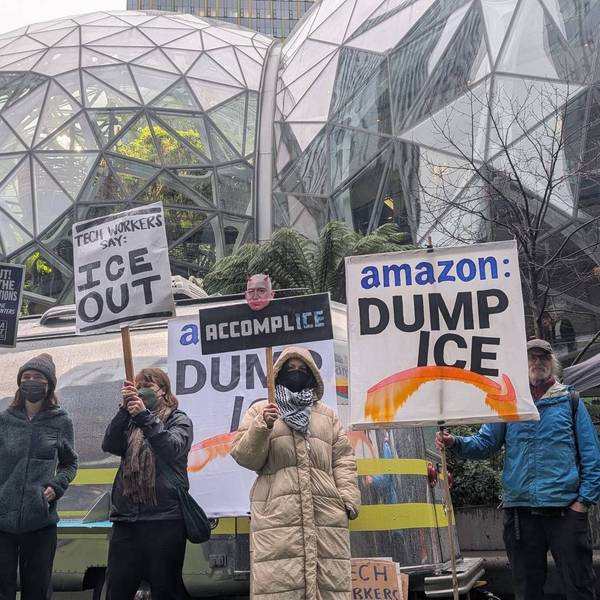Fighting back against the notion, put forth by American academics, that isolated tribes must be forced into contact with the modern world, Amazonian Indians are warning of another potential Indigenous" genocide" if such ideas come to pass.
U.S. anthropologists Kim Hill, a professor at Arizona State University, and University of Missouri associate professor Robert Walker, have argued that in order to ensure the survival of the most remote tribal people they must be "contacted in a controlled way."
However, the people of the Amazon disagree.
Survival International, an international nonprofit that champions the rights of tribal people, said in a press statement Tuesday that at least one local tribe, the Guajajara, "have acted to protect nearby uncontacted Awa people in the absence of greater government support."
Olimpio Guajajara, the leader of the "Guajajara Guardians," as they call themselves, said in a video uploaded by the organization: "We are here...monitoring the land and defending the uncontacted Indians and the Guajajara who live here. Why? Because there are some people, some anthropologists in other countries who want, once again, to violate the rights of the uncontacted Indians in the country."
"We are aware that some anthropologists have been calling for 'controlled contact' with the uncontacted Indians," Olimpio continued. "We will not allow this to happen because it will be another genocide of a people...of an Indigenous group which doesn't want contact."
According to Survival International's campaign director Fiona Watson, Indigenous peoples are increasingly "speaking out in defense of uncontacted tribes, which has never been the case before."
The crux of Hill and Walker's proposal, summarized by The Independent, is to "instigate contact, educate, and inoculate the tribes before they have a chance to clash with illegal intruders."
Last fall, a coalition of Indigenous organizations across South America penned an open letter to Hill and Walker denouncing the plan as "both dangerous and illegal," saying that it "undermines the rights that Indigenous peoples have fought long and hard for."
The letter continues:
[T]oday indigenous people across the globe are subjected to slavery, violence, and eviction while the destruction of their lands and livelihoods is increasing. They have the right to decide themselves whether to make contact.
International law guarantees tribal peoples' right to collective ownership of their lands. If this right is upheld, and the boundaries of their territories are protected from the invasion of outsiders - including missionaries, illegal loggers, gold-miners, poachers, and researchers - there is no reason why uncontacted tribes cannot continue to thrive today and far into the future.
"It goes down to the question of rights," Watson told The Independent. "There's lots of evidence to show that the uncontacted tribes are rejecting contact, and with tribes like the Awa who were first contacted in the seventies, plenty have said to me that they think it would have been better if they stayed in the forest."
"They are not some prehistoric throwback," she added. "They are contemporary people who have decided they want to live their way, and that is their choice."



